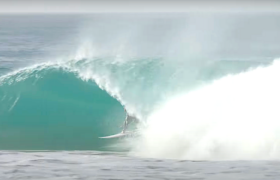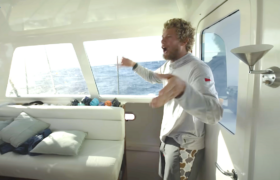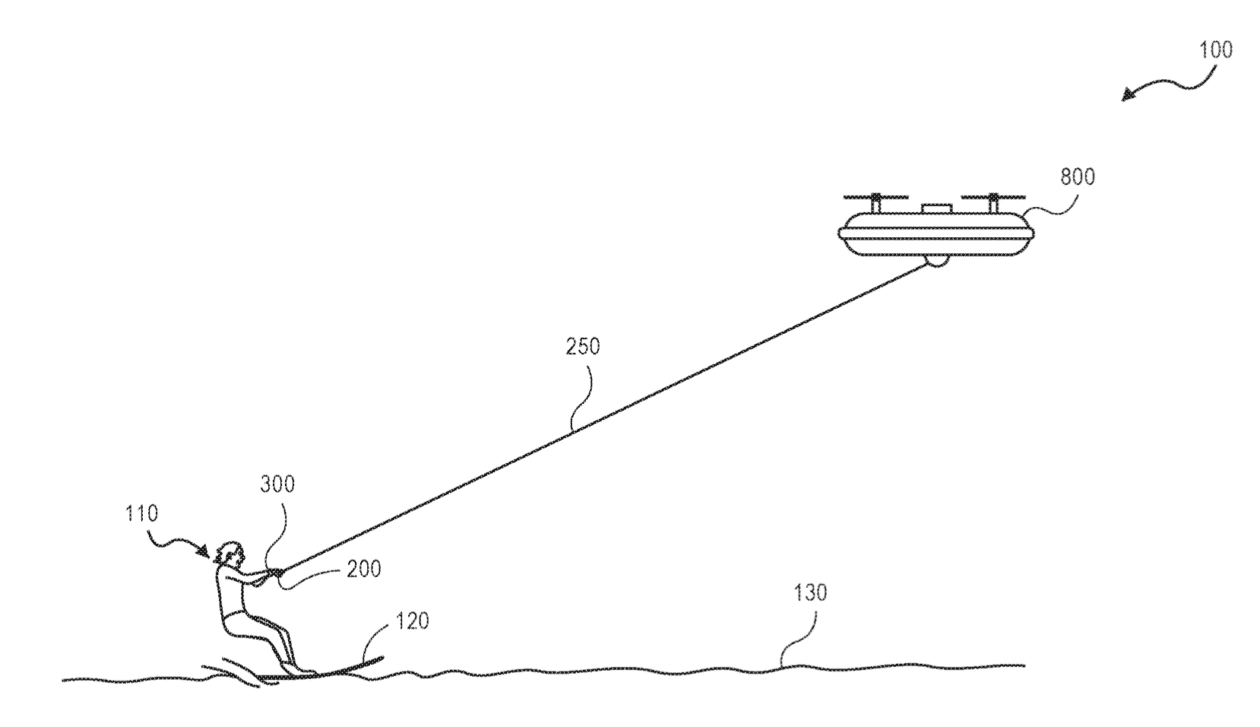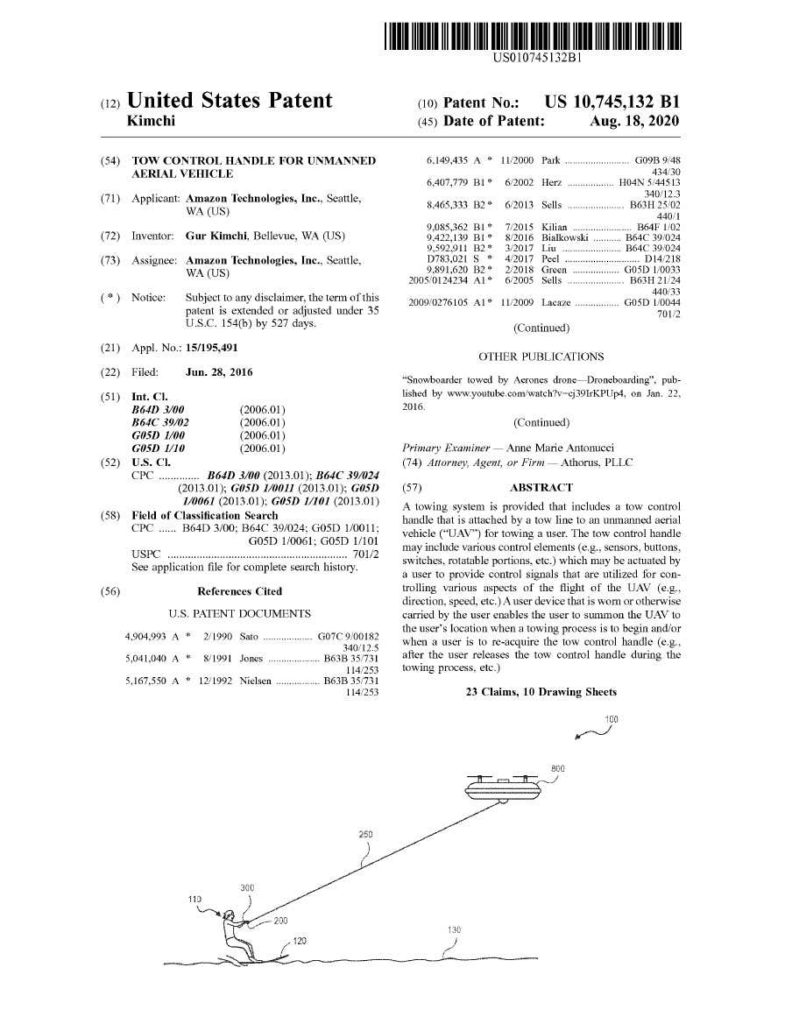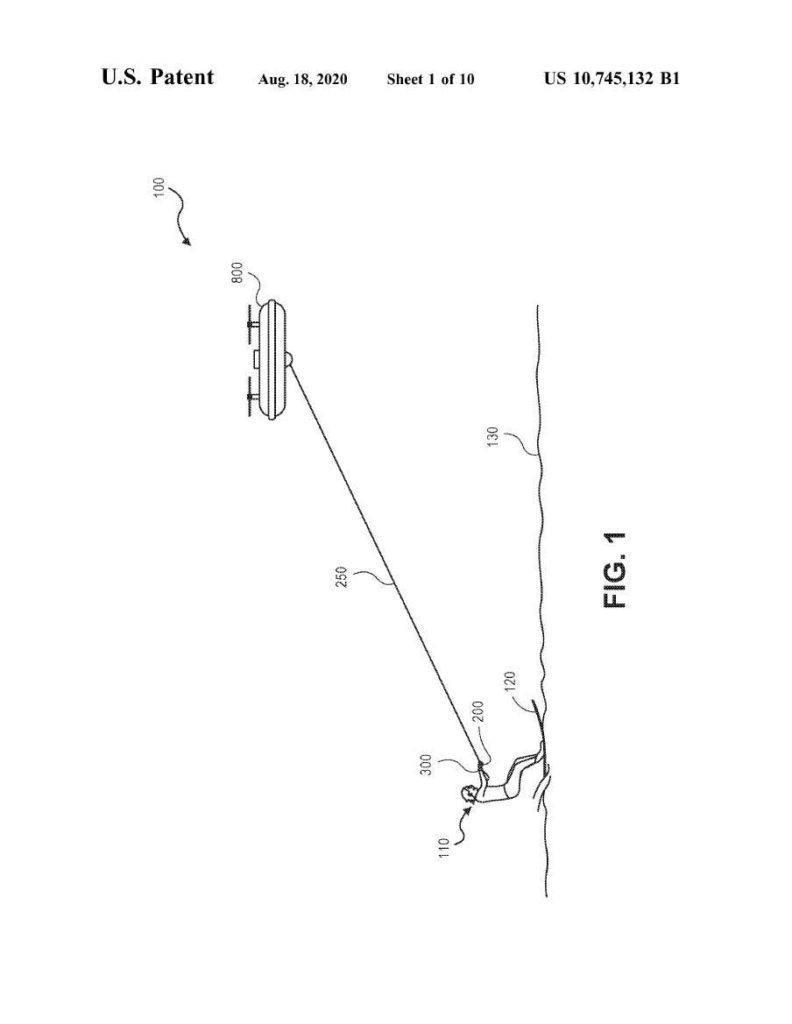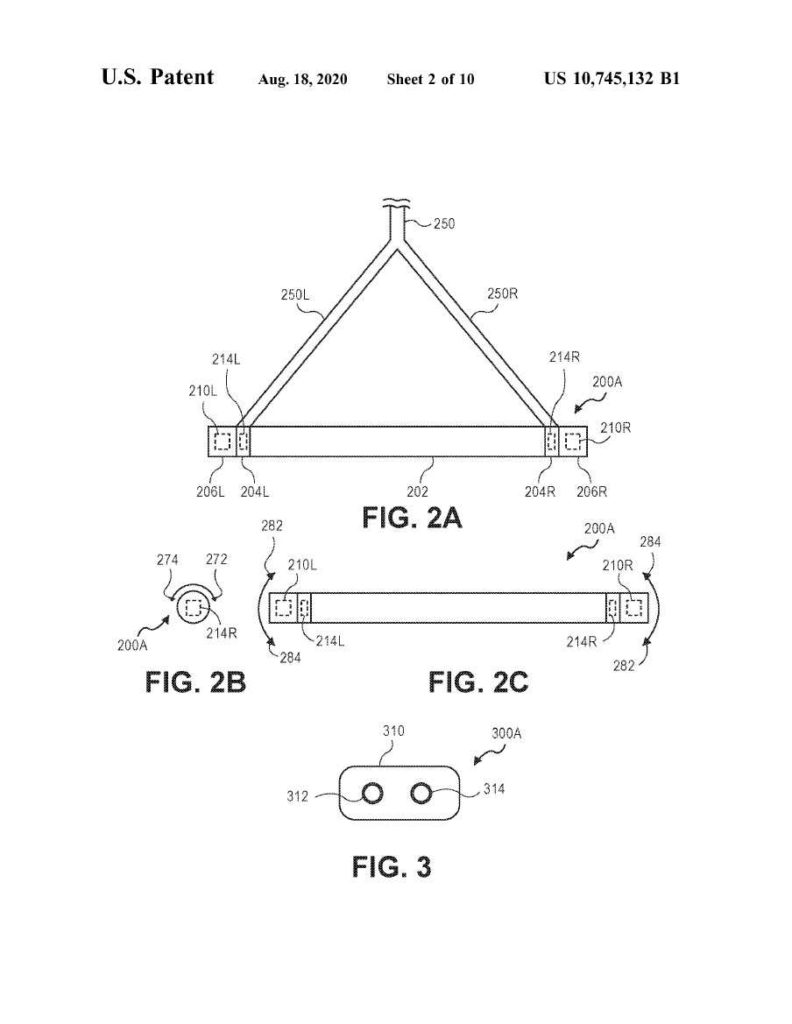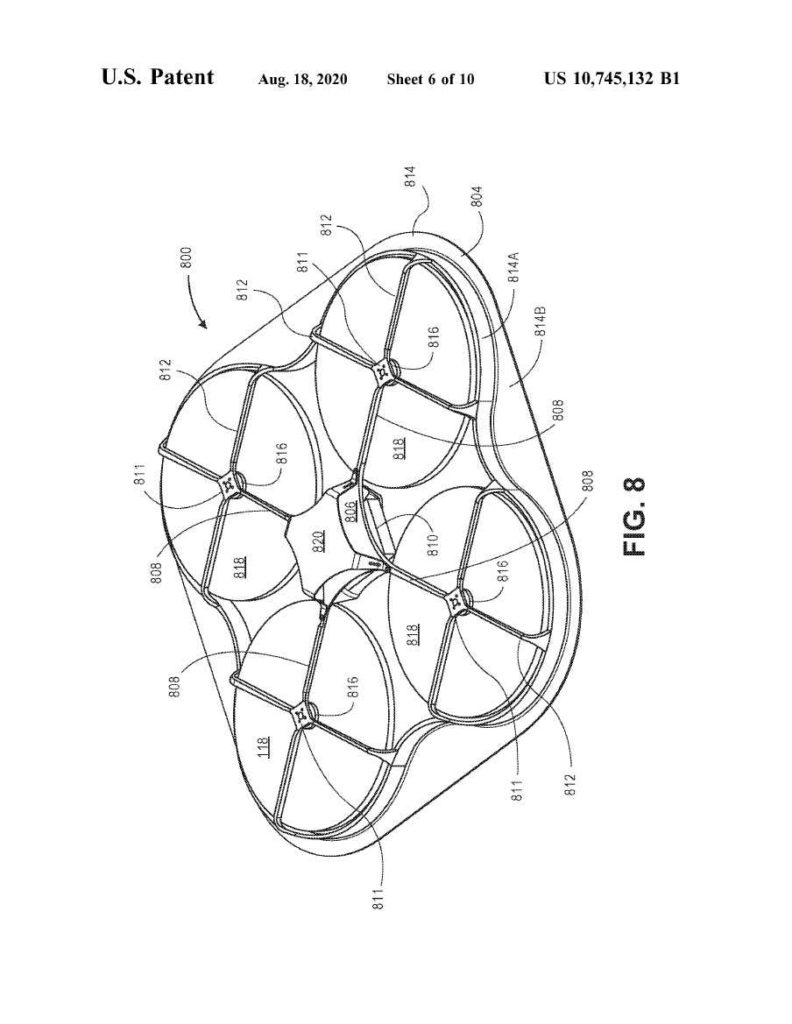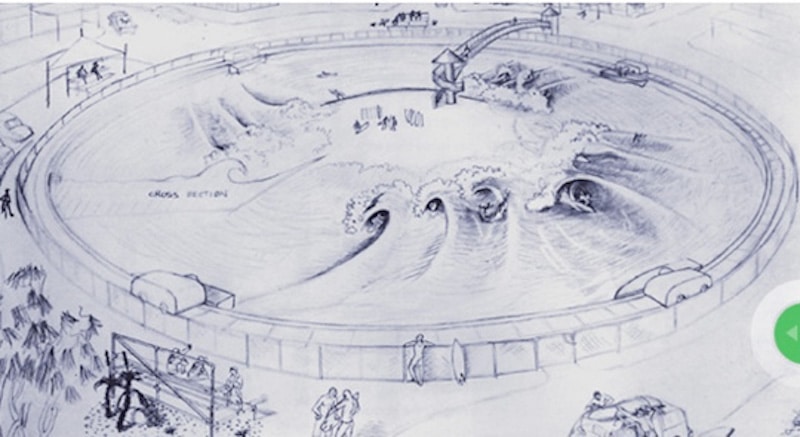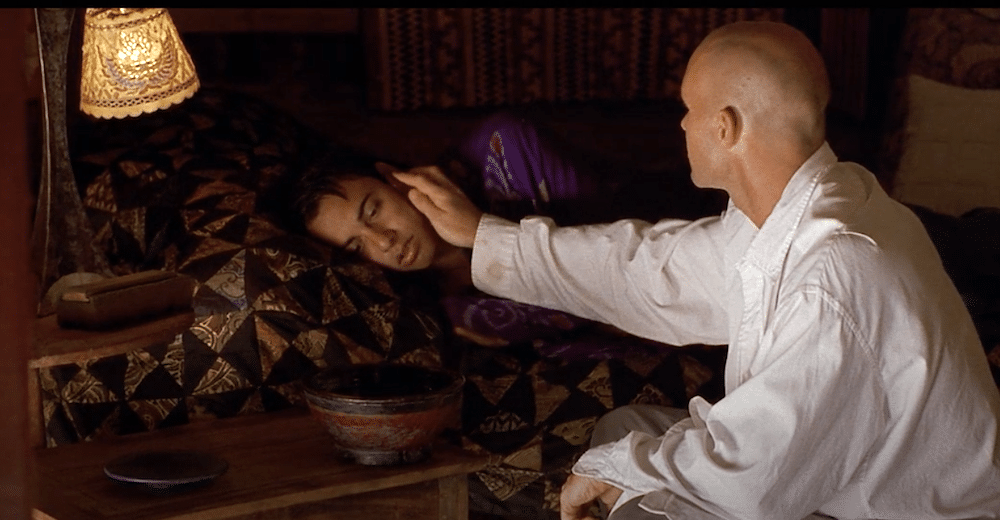A lawsuit that could have major consequences for the burgeoning wave pool industry.
On September 21, 2018, Fabrizio Stabile died from a brain-eating amoeba after visiting BSR Cable Park.
The following year, Stabile’s parents filed a wrongful death suit against BSR in April of 2019, seeking more than one million dollars.
The original complaint, filed April 9, 2019, alleged gross negligence on behalf of BSR for a failure to keep the water safe. Stabile’s family alleged that BSR had “actual subjective awareness of the risks” but proceeded “with conscious indifference to the rights, safety, and/or welfare of others.”
Stuart Parsons, the owner of BSR Cable Park, initiated discussions to sell the assets of BSR in May 2019, less than a month after the initial suit. The sale would have kept the liabilities in shell corporations owned by Parsons but lacking assets.
It was scheduled to close on January 6, 2020.
According to a motion filed by Stabile’s family in December 2019, BSR had a “paltry” $1.5 million liability insurance policy.
The motion also alleged that a jury trial would result “in a judgement of $15-20” million.
Fearing that they would lose the ability to collect on the judgement, in December of 2019 the Stabile family requested that the court protect the revenue generated from the sale. The family claimed that the pending transfer was fraudulent, as it was made with “actual intent to hinder, delay, or defraud” the Stabiles.
The family also alleged that Parsons and BSR engaged in numerous acts to destroy evidence.
They claimed that BSR attempted to destroy any evidence of the amoeba “through a massive chlorination of the surf pool” one day before a scheduled CDC inspection. In a report, the CDC admitted that BSR performed “high-level chlorination” which may have skewed the water quality results.
They also claimed that Parsons “dropped his phone in Lake Whitney just before being required to produce the text messages in discovery.”
The motion also contained an email from The Inertia to Stuart Parsons. The motion reads in relevant part, “a reporter for The Inertia, which calls itself ‘the definitive voice of surf and outdoors,’ e-mailed Stuart Parsons.” Not exactly a relevant point, but I thought it warranted mentioning that the The Inertia’s tag line appeared in a 600-page legal document.
Later that month, BSR responded to the motion, asserting that the claims of fraud and efforts to destroy evidence lacked any evidence.
Emails within the court record from the Texas Dept. of State Health Services stated that the amoeba was found in some of the pools “but not the surf pool, presumably because it was heavily chlorinated before samples were taken.”
They also stated that “there were extremely high counts of E. coli throughout.”
On December 21, 2019, the court granted the Stabile family’s motion to protect the cash sale proceeds, effectively stopping the sale.
BSR sought to overrule the injunction, appealing to the Tenth Court of Appeals in Waco, Texas.
A brief filed by BSR in January 2020 notably pushed back on the assumption that Stabile was infected while at BSR. It alleged that there was no judicial finding that Stabile was infected at BSR and raised the possibility that Stabile encountered the amoeba while working at the New Jersey Department of Environmental Protection, which “involved collect[ing] water samples.”
On February 24, 2020, the Tenth Court of Appeals ordered that the case be sent to mediation.
BSR objected the mediation, arguing that the issues surrounding the injunction blocking the sale of BSR made “mediation of the appellate issues impractical.”
In a brief filed by BSR in March 2020, BSR also recognized that the parties had not been able to agree on a mediator and “further time to consider mediators [would] not aid in an agreement.”
As of August 10, 2020, the suit is ongoing and the parties have requested “oral argument.”
In July of 2019, another man drowned at the BSR wave pool, though there is no evidence of a concurrent lawsuit.
This suit could have major consequences for the burgeoning wave pool industry.
Many of the newer wave pools boast slabbing waves breaking over shallow bottoms. Water quality or unsafe conditions could lead to a myriad of wrongful death suits. Liability appears to be widespread in these pools, ranging from the actions of the pool owner and operator to the actions of fellow surfers.
A rise in wave pool litigation will likely lead to changes in ocean lineups as well.
Surfing has largely remained shielded from legal intervention, as courts have been hesitant to implement their own legal standards. But, if courts are forced to adopt standards of care for wave pool lineups, it’s likely that those same rules will apply to ocean lineups.
Our unwritten rules may soon be legal jargon.
